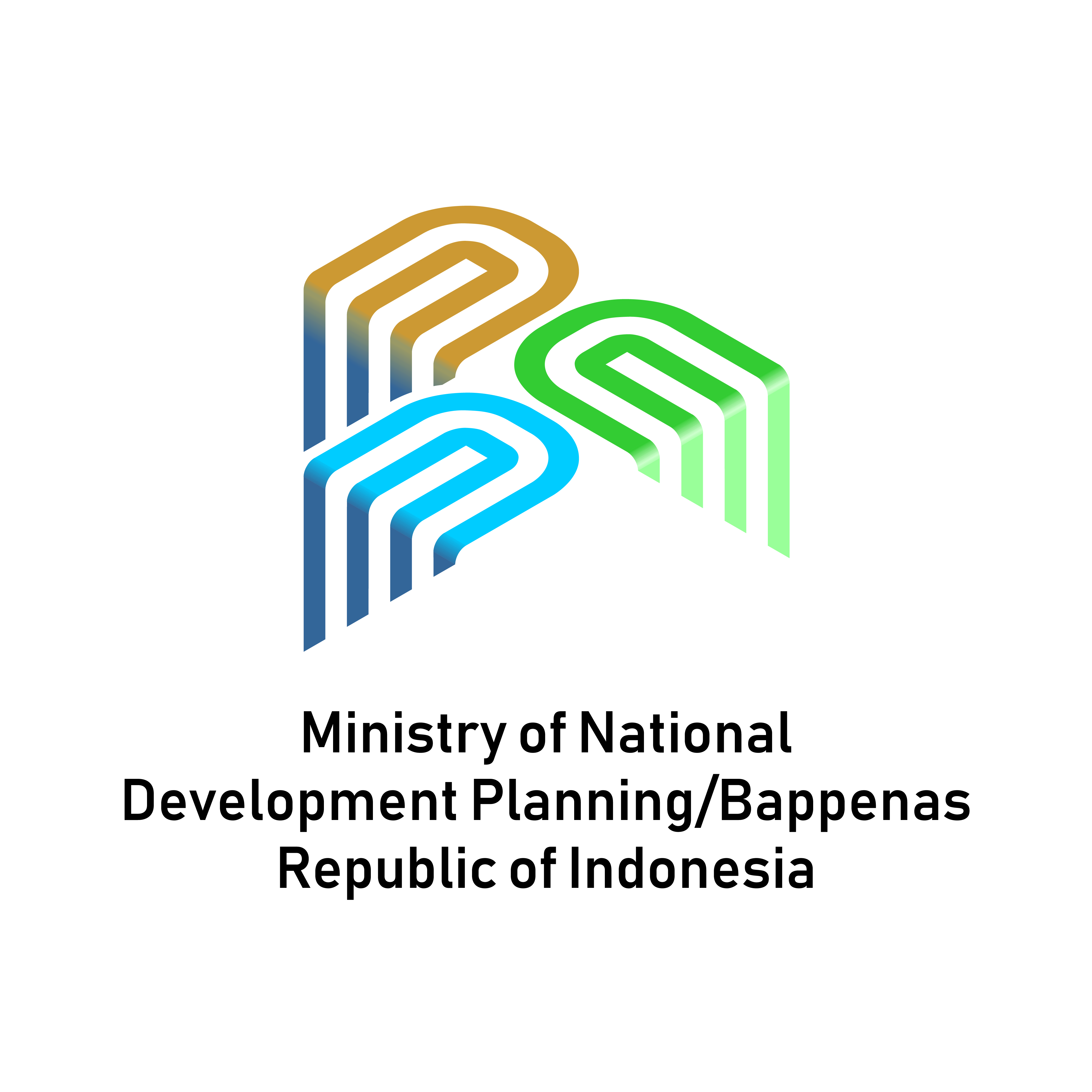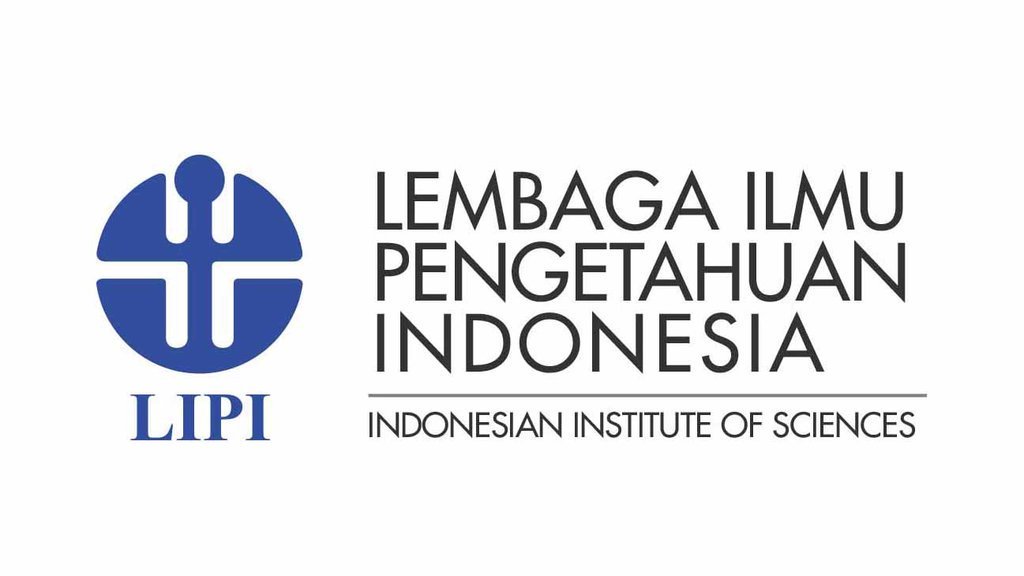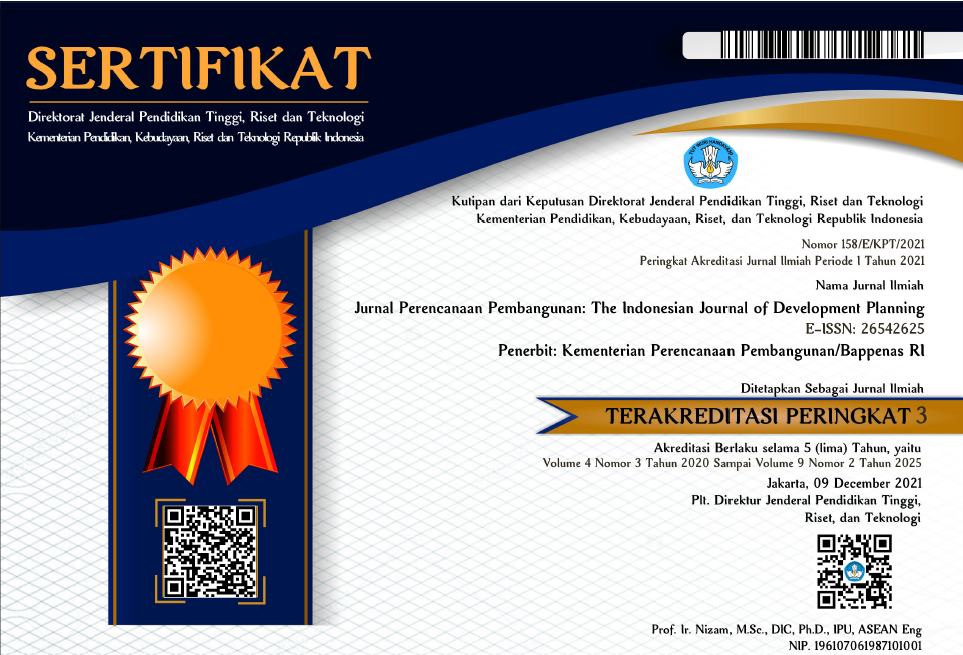Re-running Eligibility on Fiscal Spending Behavior: Evidence from Indonesian Municipalities
DOI:
https://doi.org/10.36574/jpp.v3i1.62Keywords:
Re-running Eligibility, Fiscal Spending, Municipalities, Regional ElectionAbstract
This study focuses on the difference in spending policy behavior between regions having re-running incumbents in the 2015 election and regions that have the last-period incumbent. Hypothetically, re-runner incumbents would try to enhance their re-election probability by increasing their targeted expenditures in the times leading to the election time; in contrary, the last-period incumbents will do the opposite. Ordinary Least Square (OLS) cross-sectional data has been used to analyze the politicians’ behavior on fiscal spending policy for 237 municipalities. The study result shows that there is no difference in behaviour between regions having re-running incumbent and regions that have a last-period incumbent. Compared to regions with lame ducks, grant expenditure tends to be higher on election year in regions having a re-running incumbent. There is also a tendency that the higher grant expenditure in the year prior to the election, the lower grant expenditure during an election year in those regions.
Downloads
Downloads
Published
How to Cite
Issue
Section
License
This is an open-access article distributed under the terms of the Creative Commons Attribution-NonCommercial-ShareAlike 4.0 International License. Copyright © Kementerian PPN/Bappenas RI


















